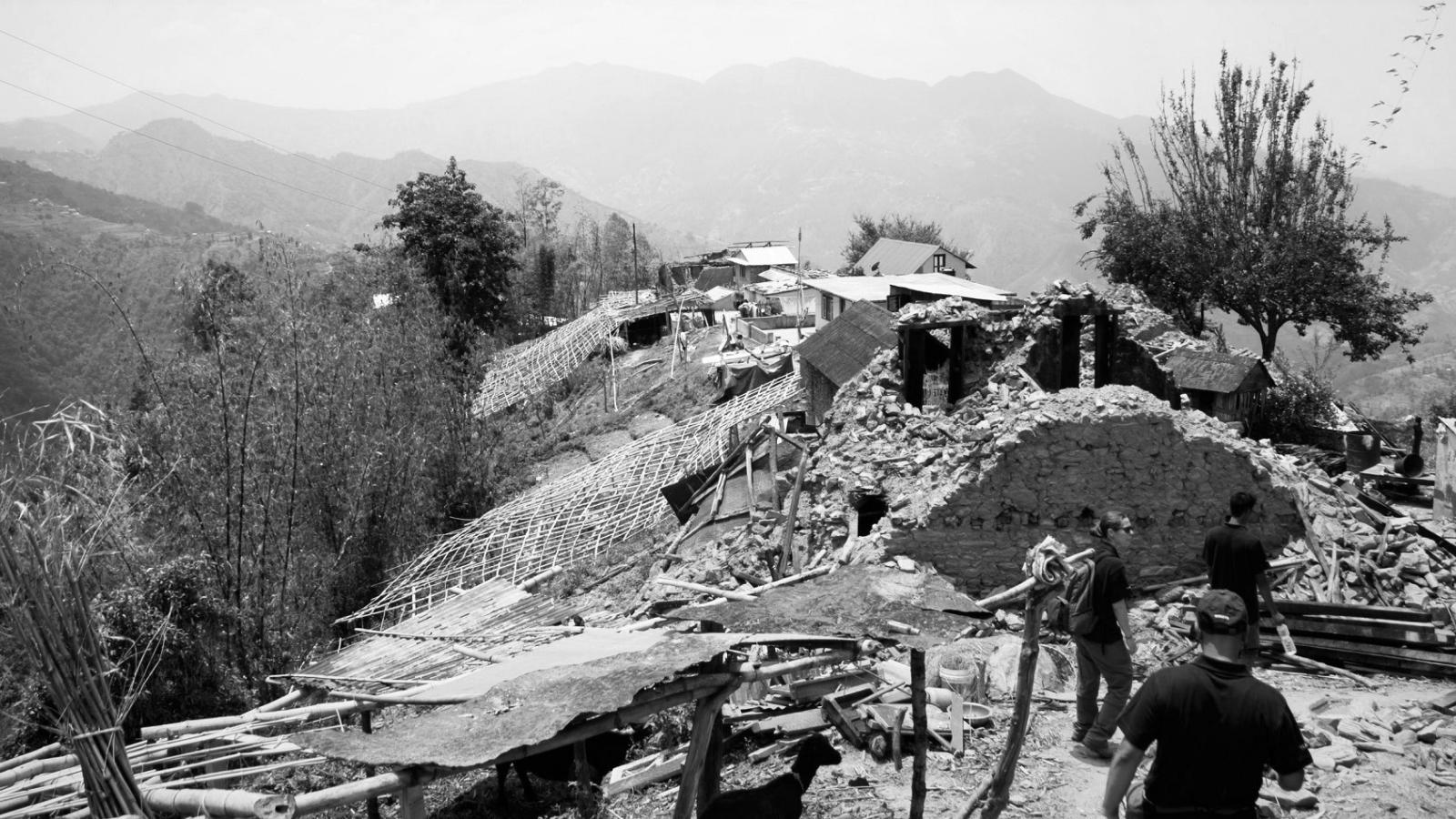EMI Responders go beyond technical expertise—driven by a deep faith and calling to serve, they bring hope in times of crisis. Explore EMI’s disaster response history through the interactive map below.
EMI Responder Prerequisites*:
EMI’s Disaster Response and Disaster Risk Reduction programme can mobilise technical professionals from our DR Roster within 2-14 days of notification. Each EMI Responder has experience in global contexts and has been vetted for spiritual maturity, physical fitness, and mental flexibility. Responders can mobilise for 2 to 3 weeks or longer.
- EMI Responders are EMI account holders with complete & up-to-date records.
- EMI Responders are Christian technical professionals who have participated in multiple Project Trips with EMI.
- EMI Responders are actively engaged with EMI-through financial support, prayer, or service.
- EMI Responders can deploy within 2-14 days of notification after an event, for a period of up to 3 weeks.
EMI Responder Application & Training:
To express your interest in joining the DR Roster, please request a candidate application. The application process includes the following:
- Technical expertise and crisis experience of the candidate.
- Physical, emotional, mental, and spiritual fitness of the candidate.
- An endorsement from the candidate’s most recent EMI Project Leader.
- An endorsement from the candidate’s local pastor.
If a candidate’s EMI Responder application is approved, they will be directed to complete an online DR / DRR training programme. Once the candidate has completed all training sessions and passed the yearly background checks, they will be added to the DR Roster mailing list as a Responder.
*Note: There are other opportunities to get involved in the DR/DRR Progamme if you don't currently meet all the prerequisites. These include:
- DRR responses that do not require a quick response time.
- Remote support for DR/DRR teams.
- In-person or online DR training.
- Prayer, financial, networking, or other support for the DR/DRR Programme.
Please follow the application process to be added to the DR Roster mailing list for these opportunities and to receive updates about the DR/DRR Progamme.
EMI Responders bring technical capability to Disaster Response and Disaster Risk Reduction (DR/DRR), coordinating with the Shelter & Settlement and WASH sectors, as well as providing technical assistance for infrastructure needs in other sectors. Below are some of EMI’s DR / DRR technical capabilities:
Architects and Structural Engineers:
- Assess damaged buildings and infrastructure
- Design retrofit or repair solutions for damaged structures
- Design structurally sound and culturally appropriate transitional shelters
- Master plan communities and settlements for displaced populations
- Provide consultation on shelter programming and project implementation, ensuring protection and accessibility are mainstreamed
Water and Wastewater Engineers:
- Re-establish, design and coordinate installation of water and wastewater systems
- Assess and implement sanitation and hygiene initiatives
- Design and establish clean water distribution centres
- Design flood water mitigation solutions
- Consult on WASH programming and project implementation
Civil and Geotechnical Engineers:
- Survey natural hazards and provide risk mitigation recommendations
- Assess slope stability and soil erosion
Electrical Engineers:
- Design for the electrical needs of water pumping and/or filtration systems
- Design emergency power and lighting solutions
Transportation Engineers:
- Design retrofits and repairs to damaged roads and bridges
Surveyors:
- Conduct geo-technical and topographic site surveys
Construction Managers:
- Oversee teams for the reconstruction of buildings and infrastructure
- Assist or lead the technical implementation of relief and recovery projects
Selection and deployment of EMI Disaster Response (DR) teams must occur more quickly than typical EMI Project Teams. Therefore, trainings are necessary to ensure every EMI DR team is healthy, qualified, and spiritually prepared to enter a crisis environment. Also, a holistic understanding of international disaster response and multi-agency/organization coordination approaches and standards are necessary for collaborative, equitable, and accountable responses.
Certificates of Completion for the Required Trainings listed below must be emailed to disasters@emiworld.org. Optional and sector-specific trainings can be provided upon request and are emailed to DR Roster members at the beginning of each year.
Required Trainings:
- Red Cross Code of Conduct Video (~10 minutes)
- Read: Code of Conduct document
- Sphere Project eLearning Course, (2.5 hrs)
- How to be a Sphere Champion
- How to use Sphere Handbook
- Core Humanitarian Standards (1-2 hrs)
- Protection in Humanitarian Action (3 hrs)
- Do No Harm (30 minutes)
- Prevention of Sexual Exploitation and Abuse (1 hr)
- Building a Better Response (Humanitarian Coordination) (6 hrs)
- Introduction to Travel Safety and Personal Security (1 hr)
SHELTER & INFRASTRUCTURE
- Construction Good Practice Standards (~20 minutes)
- Read: Essential Concepts in Shelter and Settlement (~10 minutes)
WASH
